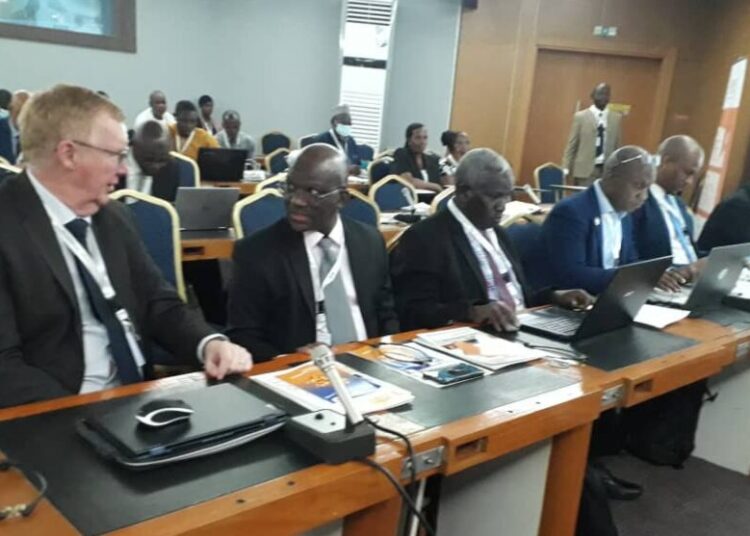Niamey, Niger – The African Development Bank (AfDB), the African Union and the United Nations Industrial Development Organisation (UNIDO) launch on Wednesday the Africa Industrialisation Index and unveil the African Industry Observatory project.
The event takes place on the sidelines of the African Union Extraordinary Summit on Industrialisation and Economic Diversification currently being held in Niamey, Niger and will continue until 25 November 2022.
The three institutions are the champions of industrial development in Africa. They have joined forces to develop knowledge products for better tracking, gauging, and understanding sector progress towards inclusive and sustainable industrial development in the continent, in line with the Third Industrial Development Decade for Africa (IDDA III).

The African Industrialisation Index, developed by the AfDB, will strengthen knowledge around the drivers of industrial development. It will provide the first-ever comprehensive picture of the progress of industrial development across the continent.
The African Industry Observatory will function as a permanent knowledge platform led by UNIDO and the African Union. Both prioritise data collection, compilation, and analysis, and will help consolidate the quantitative evidence needed to sharpen qualitative analysis of industry trends, forecasts and comparisons at the national, regional and continental levels.
United Nations Secretary-General, António Guterres, had called for uniting forces in order to build a continent able to achieve more sustainability, peace and prosperity for all.
This came to mark the United Nations celebration of Africa’s Industrialisation Day, which falls on November 20 every year.
In his message on this occasion, Guterres stressed that African countries are facing severe challenges in which armed conflicts prevail, food and energy insecurity worsens, inflation and debt rates skyrocket, fiscal security shrinks, and climate disasters worsen.
Despite these challenges, the UN secretary-general said, Africa has some of the fastest growing economies in the world and has the potential to lead the global energy transition.
Guterres stressed the importance of boosting partnerships between the public and private sectors as well as multilateral co-operation to achieve industrial sustainable, inclusive and resilient development in Africa.
He emphasised that industrial development is of vital importance in fulfilling inclusive economic growth in African countries.
Industrialisation, he added, helps African nations achieve high growth rates, diversify their economies, and reduce vulnerability to external shocks. This will contribute significantly to eradicating poverty through the creation of employment and wealth.
Guterres said African countries should join hands to promote new technologies, create fresh opportunities for youth, women and girls, build resilience to climate change, and enhance trade competitiveness.
He referred to the importance of working together to achieve the goals of the African Continental Free Trade Area and 2063 Agenda, namely Africa’s development blueprint to achieve inclusive and sustainable socio-economic development over a 50-year period.






Discussion about this post